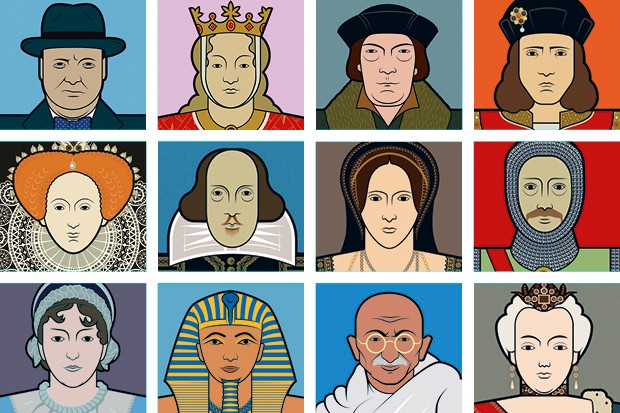
Subject Lead: Mr Shield
At Holy Family, we are committed to ensuring the curriculum is broad, balanced and purposeful. We recognise that we are building the foundations for life-long learning . A shared love of literature throughout school and our faith life and Gospel values, Trust Character Virtues and British Values, sits alongside our curriculum drivers. Our curriculum drivers are what makes our curriculum unique to us here at Holy Family. They are woven through all that we do and underpin our shared belief that our role is to support and help our children to understand their place within their local town, their country and in their world as a global citizen; to have experiences that become part of their life story; and aspire to achieve their very best, having been shown that there is a world of possibility awaiting them, outside of the school gates.
Intent
Our History curriculum is designed to develop a sense of curiosity and ignite a passion about the past.
At Holy Family we intend for children to:
- understand people, events, concepts and processes from a range of historical periods
- develop the skill to think, reflect, debate, discuss and evaluate the past
- understand how Britain has influenced and been influenced by the wider world
Implementation
At Holy Family Catholic Primary School we follow the National Curriculum for History, this is taught through relevant and age-appropriate topics. These can be seen in the subject plans below;
History Curriculum
By the end of year 6, children will have been taught British history from the Stone Age to the present day and be able to draw comparisons and make connections between different time periods. Interlinked with this are studies of world history, such as the ancient civilisations of Greece and the Mayans.
Our bespoke curriculum is carefully planned to allow pupils to explore their own locality through local history topics. Wherever possible cross curricular links are exploited, see our curriculum overview.
Individual lessons are planned to inspire, engage and challenge pupils, whilst giving opportunities to practice through ‘hands-on’ tasks. We encourage school visits and visitors into school to enable the children to gain first-hand experiences to enrich their learning and cultural capital.
Our curriculum is designed using the theory of interleaving to ensure that concepts are systematically revisited; current learning is linked to previous learning to allow children to build a strong historical schema within their long-term memories.
These concepts are:
- investigate and interpret the past – recognising that our understanding of the past comes from an interpretation of the available evidence
- build an overview of world history – appreciation of the characteristic features of the past and that these features are similar and different across time periods and for different sections of society
- understand chronology – understanding of how to chart the passing of time and how some aspects of history happened at similar times in different places
- communicate historically – historical vocabulary and techniques to convey information about the past
For each topic children are provided with a Learn it! Link it! information grid which details facts about the topic, prior learning connected to the topic and a vocabulary bank.
Progress is assessed through a series of assessment tasks. The aim of these tasks is to further deepen connections in a schema, e.g. a writing task which incorporates historical facts.
Learn it! Link it!
Impact
Pupils will:
- have an in-depth, long-lasting knowledge of historical people and periods
- be able to think, reflect upon and debate about the past
- have experienced a wide breadth of study and cultural capital
- be able to think like historians, ready for KS3